5 Things to Give Up for Lent That Will Also Benefit You and the Planet
Updated Feb. 21 2023, 9:21 a.m. ET

Every year, Ash Wednesday marks the first day of Lent, a 40-day period to prepare for Easter. During that time period, some observant Christian people choose to abstain from eating meat on Fridays, as well as choose a luxury to abstain from for the entire 40 days, as an act of self-discipline and reflection, as per USCCB.
That said, whatever you may choose to “give up” for Lent, you don’t need to frame it as a punishment. In fact, you can even pick something that, in the long run, will benefit you — as well as planet Earth. So, we’ve come up with a few ideas of what to give up for Lent 2023, each of which just might enrich your life, help you feel healthier, and reduce your environmental impact.
When is Lent 2023? Here are the details, plus what to give up for Lent this year.
In 2023, Lent begins on Ash Wednesday, which is on Wednesday, Feb. 22. It concludes on Thursday, April 6, and then Easter falls on Sunday, April 9.
So for Lent 2023, to practice self control, benefit yourself, and positively impact the environment, consider giving up one of the following things:
Buying plastic-packaged junk food
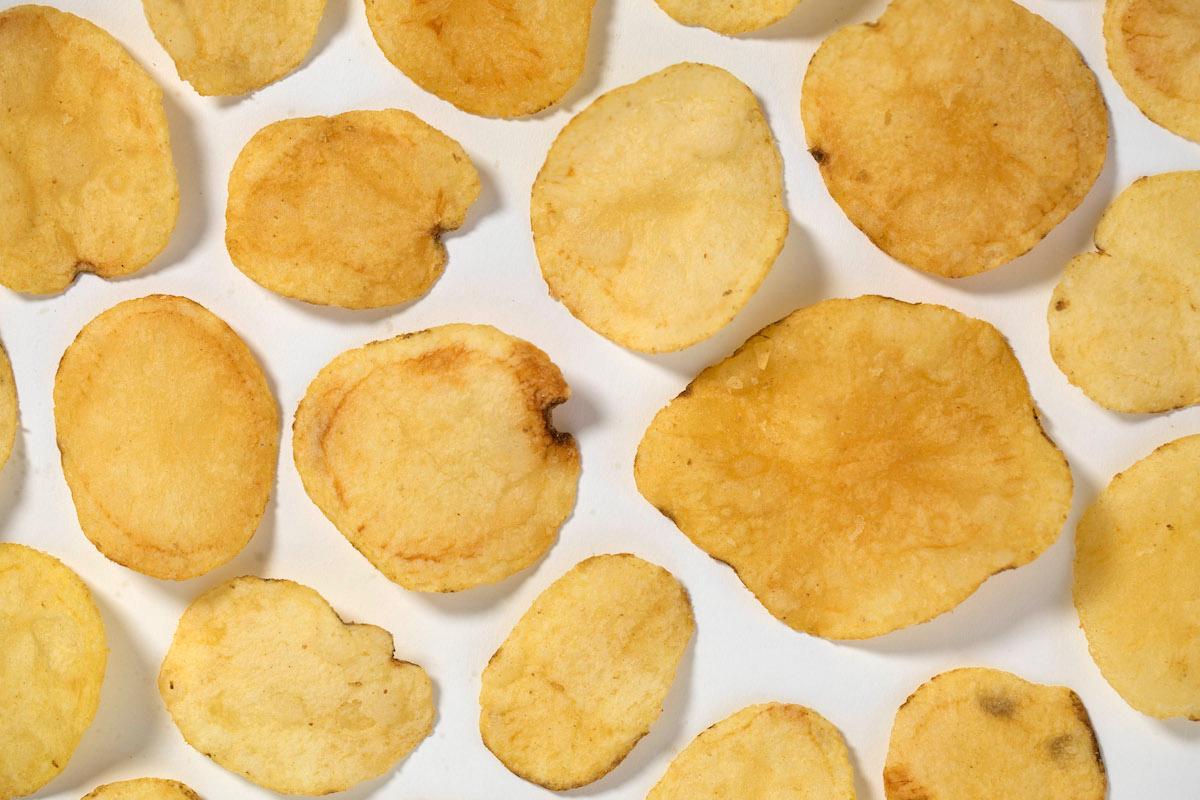
Giving up “junk food” is a popular choice for Lent — but a way to spin that is to simply give up plastic-packaged junk food. That way, if you have a hankering for a cookie, potato chips, or soda, you can challenge yourself to buy the ingredients (with as little packaging as possible) and make the treat yourself.
Not only does cooking food from scratch typically mean less single-use packaging will be wasted, but it could also result in a slightly healthier version of the food in the first place, since a home-cooked version will be less processed, and you can control the ingredients.
Drying your clothes and using so much electricity around the house
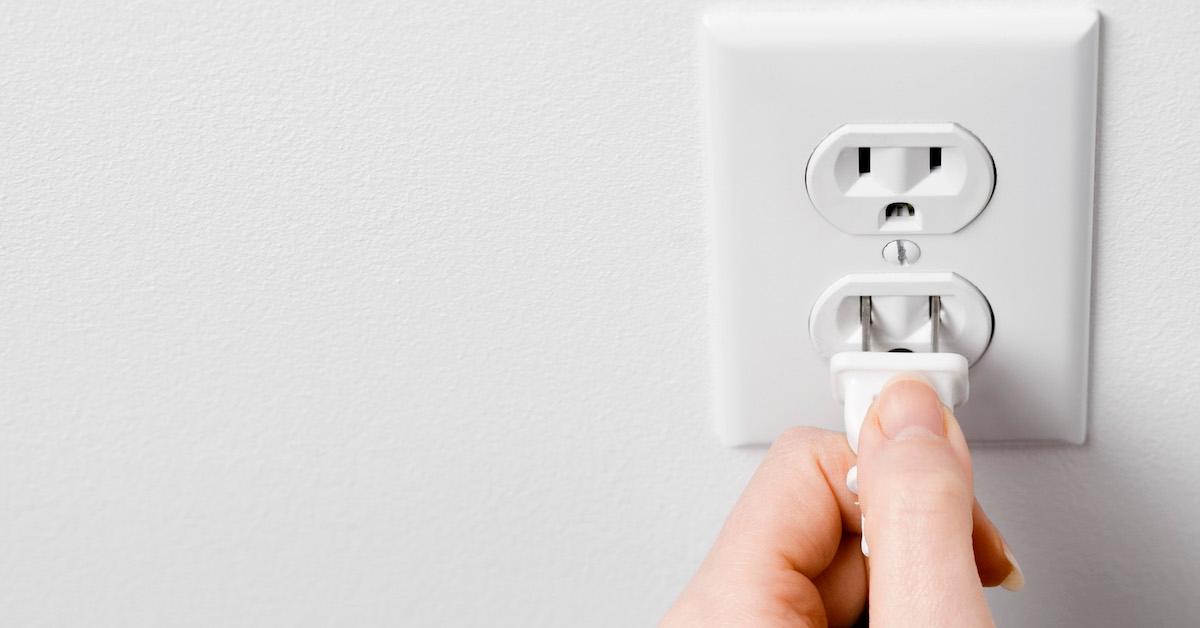
Your home is using more energy than you realize — and there are so many easy ways to reduce your everyday energy use. For example, give your dryer a break and hang-dry all your laundry; make a habit of shutting off the lights whenever you leave a room; unplug items when you aren’t using them; only run the air conditioner and heat when needed; open your curtains to bring in natural light during the day, instead of using artificial light; and even choose to read a book instead of watching TV.
On top of being eco-friendly, these small changes can significantly reduce your energy bill, leaving you with a little extra cash.
Consuming meat and other animal products
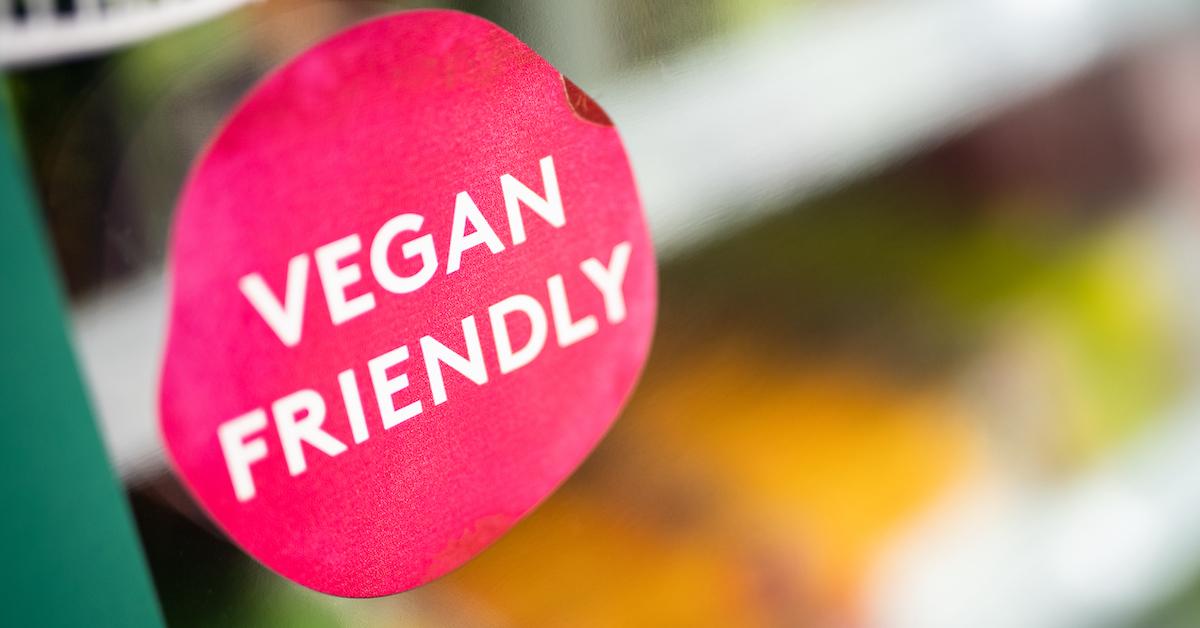
Many people choose to stop eating meat for all 40 days of Lent — something that most Lent observers at least do every Friday during the 40-day period. Not only is quitting eating meat often a good choice for human health, but ditching animal products is the best thing an individual can do for the planet, according to a University of Oxford study. Animal agriculture is one of the most polluting industries on Earth, and many experts believe reducing this industry could be a key climate solution.
Quitting animal products is also a positive choice for animals, since tens of billions of land animals are bred, raised, and killed for the meat, dairy, and egg industries every single year. Plus, there are so many plant-based meat, dairy, and egg companies out there making delicious options these days — so if all goes well, consider making a vegan recipe for Easter.
Shopping for unnecessary items
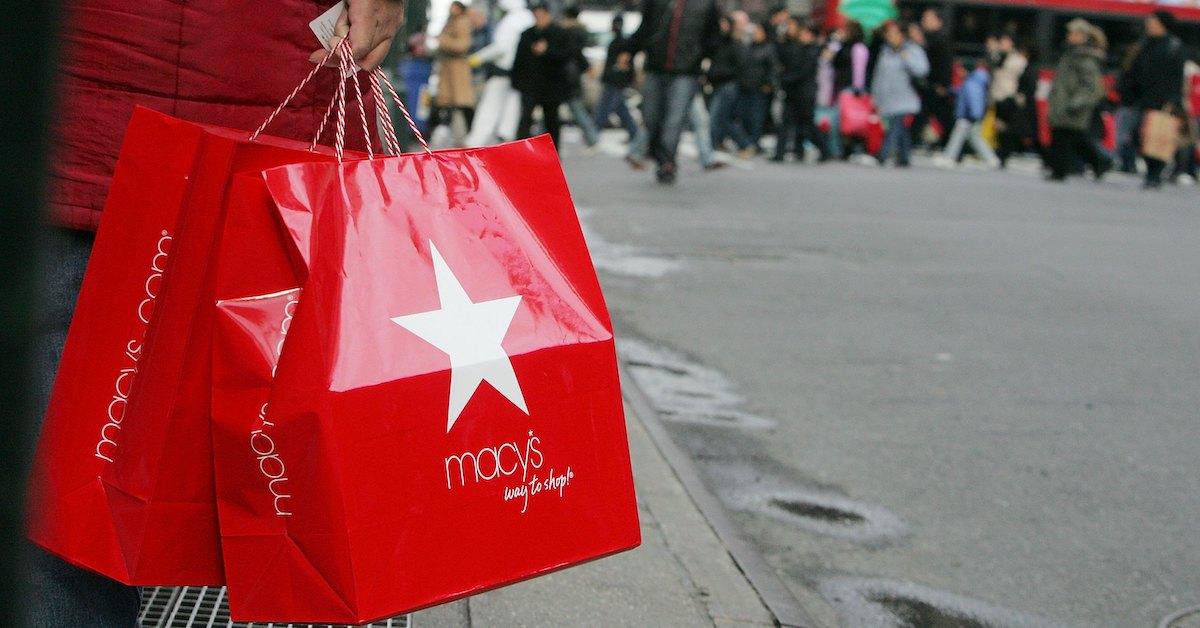
Lent is a fantastic time to try a “no buy month” (rather, no buy 40 days) or “shop stop,” both of which are pledges to stop buying things you don’t need. You can set your own rules, but basically, each pledge is a promise not to buy anything other than the absolute essentials (such as food and medicine) — and to stop purchasing what you can live without (like clothing, home decor, and knickknacks).
Some participants may choose to continue shopping secondhand, and only shun buying new items. Some may consider things like hand soap and toilet paper essentials worth replacing during this period, while others may embrace the challenge and instead make a DIY bar of soap and start using family cloth in lieu of TP. That part is up to you — either way, reducing your consumption significantly during Lent is a fantastic way to exercise self-discipline, live more sustainably, and save money.
Ordering takeout and fast food
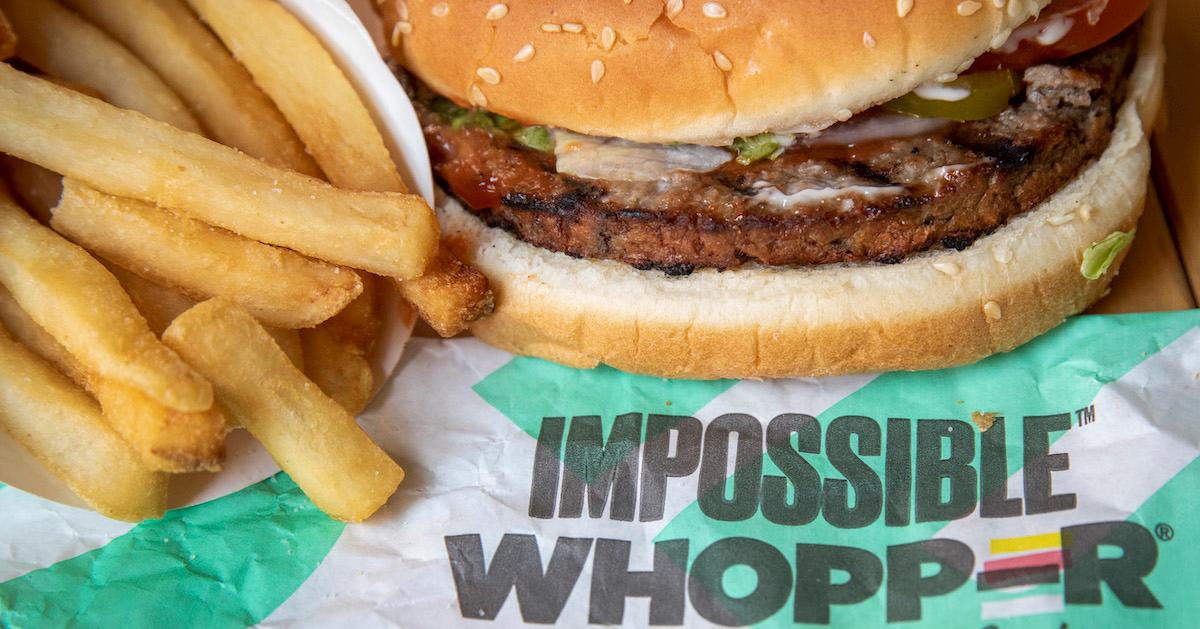
Takeout is a convenient and tasty indulgence — but between all the containers, napkins, and plastic utensils (not to mention the behind-the-scenes waste at restaurants), it can be pretty wasteful. For Lent, taking a break from ordering meals and instead focusing on cooking could result in less waste, healthier meals, more kitchen skills, and even money saved.
This article, originally published Feb. 28, 2022, has been updated to reflect Lent 2023.